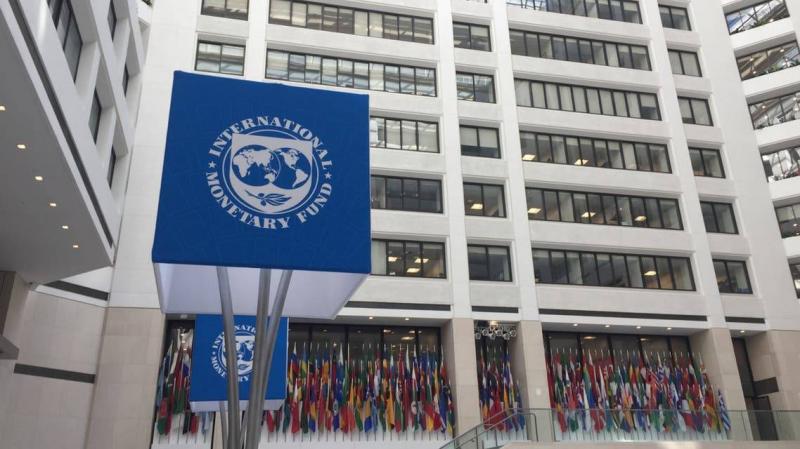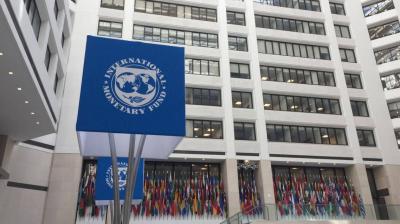Sources within economic bodies told "Al-Joumhouria" that, in principle, with the current deadlock facing Lebanon, the International Monetary Fund remains a refuge that presents an opportunity for entering a rescue orbit. However, the sources do not see positive indicators, at least during the remaining period of the current parliament (44 days), nor during the remaining term of the current government, which is considered resigned on May 22 and will enter a period of caretaker government until a new government is formed. This is due to the authorities' failure to prepare the necessary groundwork to benefit from the IMF's offerings, which will certainly not be free, similar to what is practiced with all the countries that faced difficulties and resorted to the fund.
The sources stated: "The problem in Lebanon appears to be intractable under the prevailing mindset, and it does not seem that horizons will open for Lebanon, as the primary obstacle to starting serious and productive negotiations with the IMF, as well as any internal or external attempts to put the current crisis in Lebanon on the path to treatment, lies in the absence of a reformist mindset. All that is raised about it is nothing but empty talk without any substance."
They indicate that "the evidence of the lack of a reformist mindset, and also of the absence of genuine and serious will for reform, is the deliberate obstruction or 'napping' of all active reform laws, which number in the dozens. For example, the parliament recently passed a law to update the banking secrecy law, so where is this law now? In addition to the public procurement law and dozens of other laws, why are they not being implemented, and why the insistence on obstructing them until now? Furthermore, why the insistence on blocking all laws related to reform, whether they have a judicial dimension or relate to urgent appointments for regulatory bodies for electricity, civil aviation, telecommunications, and others?"
The sources noted that the international community has expressed a desire to assist Lebanon, yet the Lebanese have not taken any steps or provided any evidence of the rulers' intention to move forward with reform processes.
The same sources emphasized that the international community remains firm in its stance regarding the linkage of any assistance to Lebanon with the implementation of reforms. They stated: "This position is final and decisive, with no turning back. The international community had previously affirmed this in 2001 during the “Paris 1” conference and reiterated it in the CEDRE conference, stressing that Lebanon has an opportunity to obtain assistance on the condition of starting radical reforms; otherwise, the door for assistance will remain closed. Unfortunately, the rulers in Lebanon insist on keeping this door closed. Since then, despite successive advice from the international community, Lebanese officials have lagged and have tried to cover up their procrastination by repeatedly urging the international community and financial institutions for assistance, despite knowing full well that these pleas will not be answered as long as they do not fulfill what is required of them to implement reforms that would save their country."
Additionally, as an indicative sign of the absence of a reformist will, the session of the joint committees that was scheduled to be held yesterday to study the draft law aimed at retrieving cash funds and financial portfolios transferred abroad after October 17, 2019, was unsuccessful due to a lack of quorum. This led to a new date being set for the committees next Wednesday.




